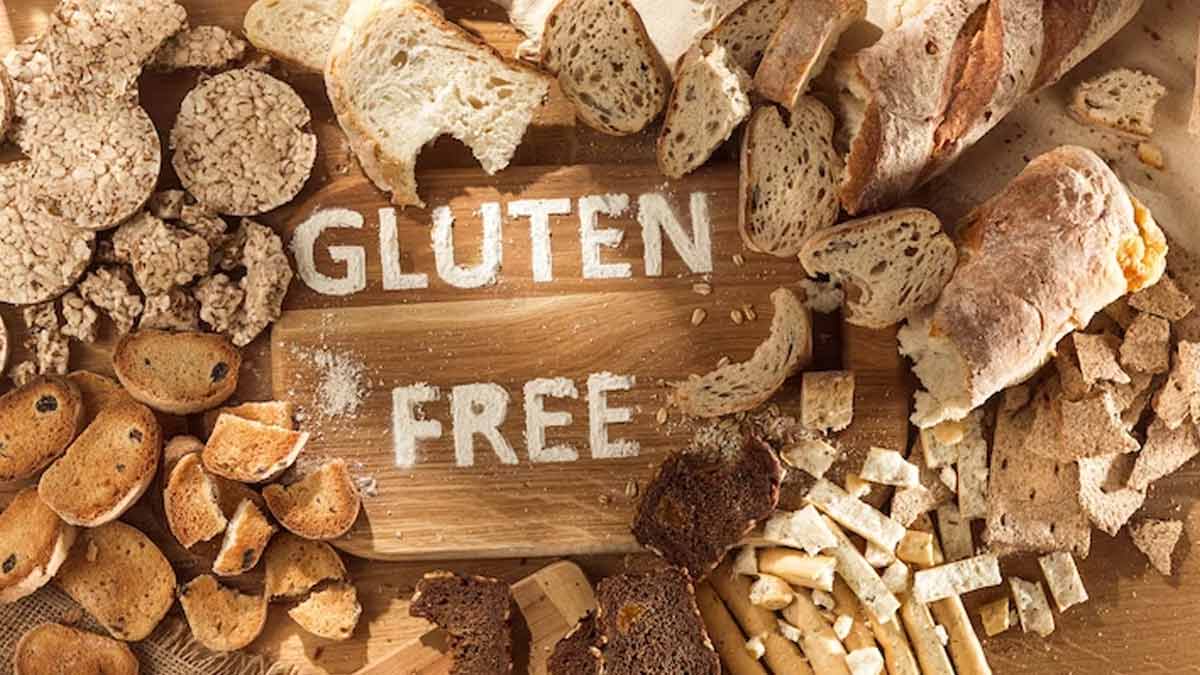
Gluten intolerance, also known as celiac disease, is a condition in which the body is unable to properly digest gluten, a protein found in wheat, barley, and rye. This can lead to a range of symptoms, including abdominal pain, bloating, diarrhea, and fatigue. The only treatment for gluten intolerance is to follow a gluten-free diet, which means avoiding foods that contain gluten.
Table of Content:-
In recent years, the popularity of gluten-free diets has grown, with many people choosing to avoid gluten for a variety of reasons, including weight loss and improved health. However, for those with gluten intolerance, a gluten-free diet is a necessity, not a choice.
If you have gluten intolerance, it is important to know which foods to eat and which to avoid. In this article, we will explore the foods that are safe to eat and those that should be avoided.

Also read: Menstrual Cups: Comprehensive Guide On Use, Benefits, Myths & More, Expert Weighs In
Foods to Eat In Gluten Intolerance
1. Fruits and Vegetables
All fresh fruits and vegetables are gluten-free, so these should be the foundation of your diet. Not only are fruits and vegetables naturally gluten-free, but they are also packed with vitamins and nutrients that are essential for overall health.
2. Meats and Fish
All meats and fish are naturally gluten-free, as long as they are not breaded or coated in any way. This includes beef, pork, chicken, turkey, and fish. However, it is important to read labels carefully, as some processed meats may contain gluten.
3. Dairy Products
All milk, cheese, and yogurt are gluten-free. However, it is important to read labels carefully, as some flavored or sweetened varieties may contain gluten.
4. Grains and Flours
There are many gluten-free grains and flours that can be used in place of wheat, barley, and rye. Some of the most popular gluten-free grains and flours include rice, quinoa, corn, millet, amaranth, sorghum, and tapioca.
5. Nuts and Seeds
All nuts and seeds are gluten-free, so they make an excellent snack or ingredient in recipes. Some popular choices include almonds, walnuts, pecans, cashews, and sunflower seeds.
6. Legumes
Legumes, such as beans, lentils, and chickpeas, are naturally gluten-free and can be used in a variety of dishes, from soups to salads to main courses.
7. Gluten-Free Products
There are now many gluten-free products available in most grocery stores, including bread, pasta, and crackers. However, it is important to read labels carefully, as some gluten-free products may contain other allergens, such as soy or dairy.
Also read: Menstrual Cups: Comprehensive Guide On Use, Benefits, Myths & More, Expert Weighs In

Foods to Avoid In Gluten Intolerance
1. Wheat, Barley, and Rye
These grains are the main sources of gluten and should be avoided completely. This includes all products made from these grains, such as bread, pasta, and cereal.
2. Processed Foods
Many processed foods contain gluten, so it is important to read labels carefully. This includes packaged snacks, canned soups, and frozen meals.
3. Beer and Ale
Most beer and ale are made with barley, which contains gluten, so these should be avoided. However, there are now many gluten-free beers available on the market.
4. Sauces and Condiments
Many sauces and condiments, such as soy sauce, teriyaki sauce, and salad dressings, contain gluten. It is important to read labels carefully or make your own gluten-free versions at home.
5. Processed Meats
Some processed meats, such as sausage and deli meat, may contain gluten. It is important to read labels carefully or opt for fresh meats instead.
6. Baked Goods
It is best to avoid most baked goods, such as cookies, cakes, and pastries if you are gluten intolerant.
Also watch this video
How we keep this article up to date:
We work with experts and keep a close eye on the latest in health and wellness. Whenever there is a new research or helpful information, we update our articles with accurate and useful advice.
Current Version